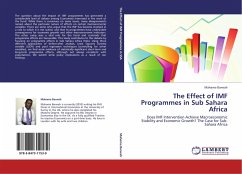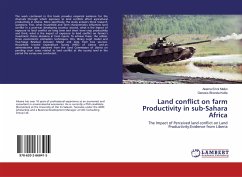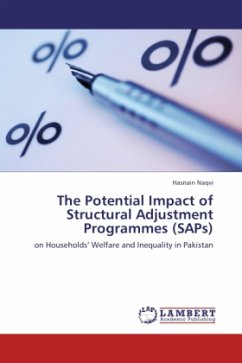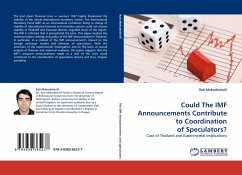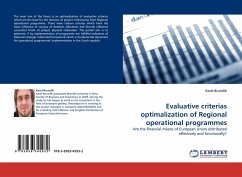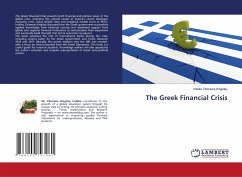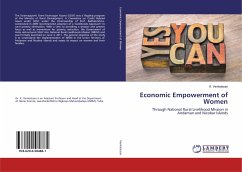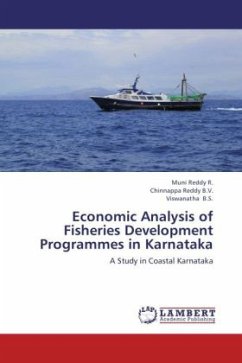The question about the impact of IMF programmes has generated a considerable level of debate among Economists interested in the work of the Fund. While there is consensus on some issues, many disagreements remain about the particular nature of effects on certain macroeconomic variables. There are some who argue that the IMF has become involved in a role to which it is not suited, and that its programmes have undesirable consequences for economic growth and other macroeconomic indicators. The other camp sees a vital role for the Fund and contends that programme effects are favourable. This study contributes to this debate by focusing on programme effects in Sub Sahara Africa (SSA). Using three different approaches of before-after analysis, Least Squares Dummy variable (LSDV) and pool regression techniques (controlling for other variables), we find some evidence of statistically significant short-term and long-term programme effects, although not always consistent with expectations. We submit some policy implications as a result of our findings.
Bitte wählen Sie Ihr Anliegen aus.
Rechnungen
Retourenschein anfordern
Bestellstatus
Storno

